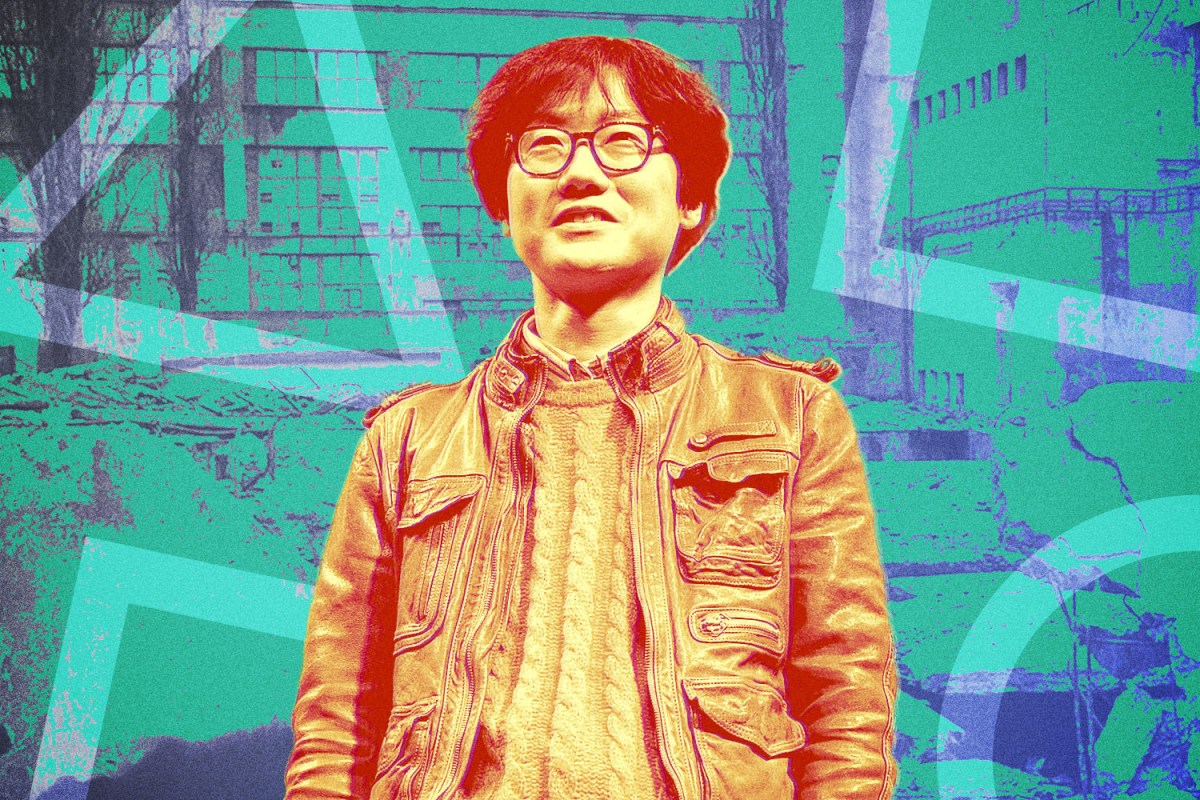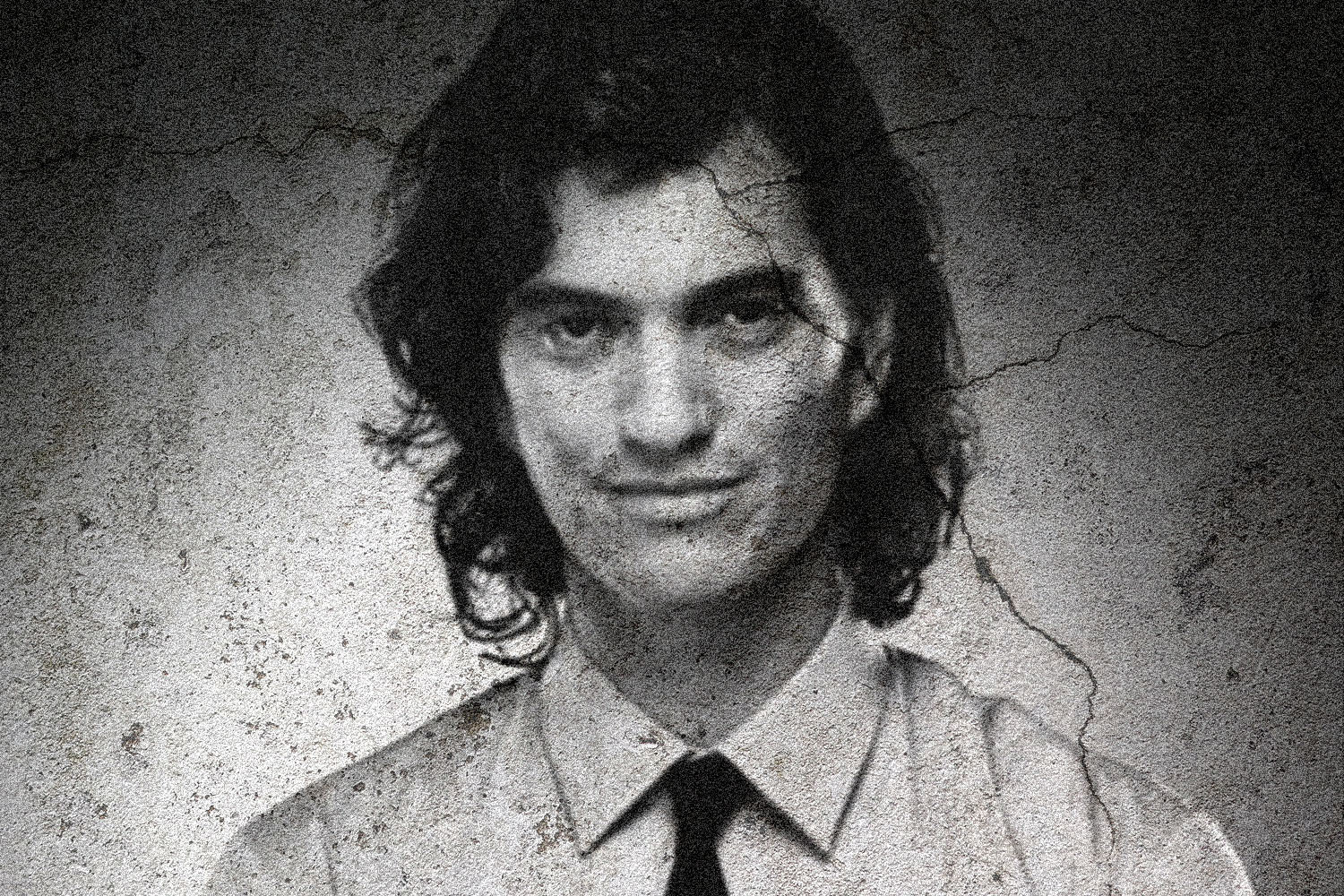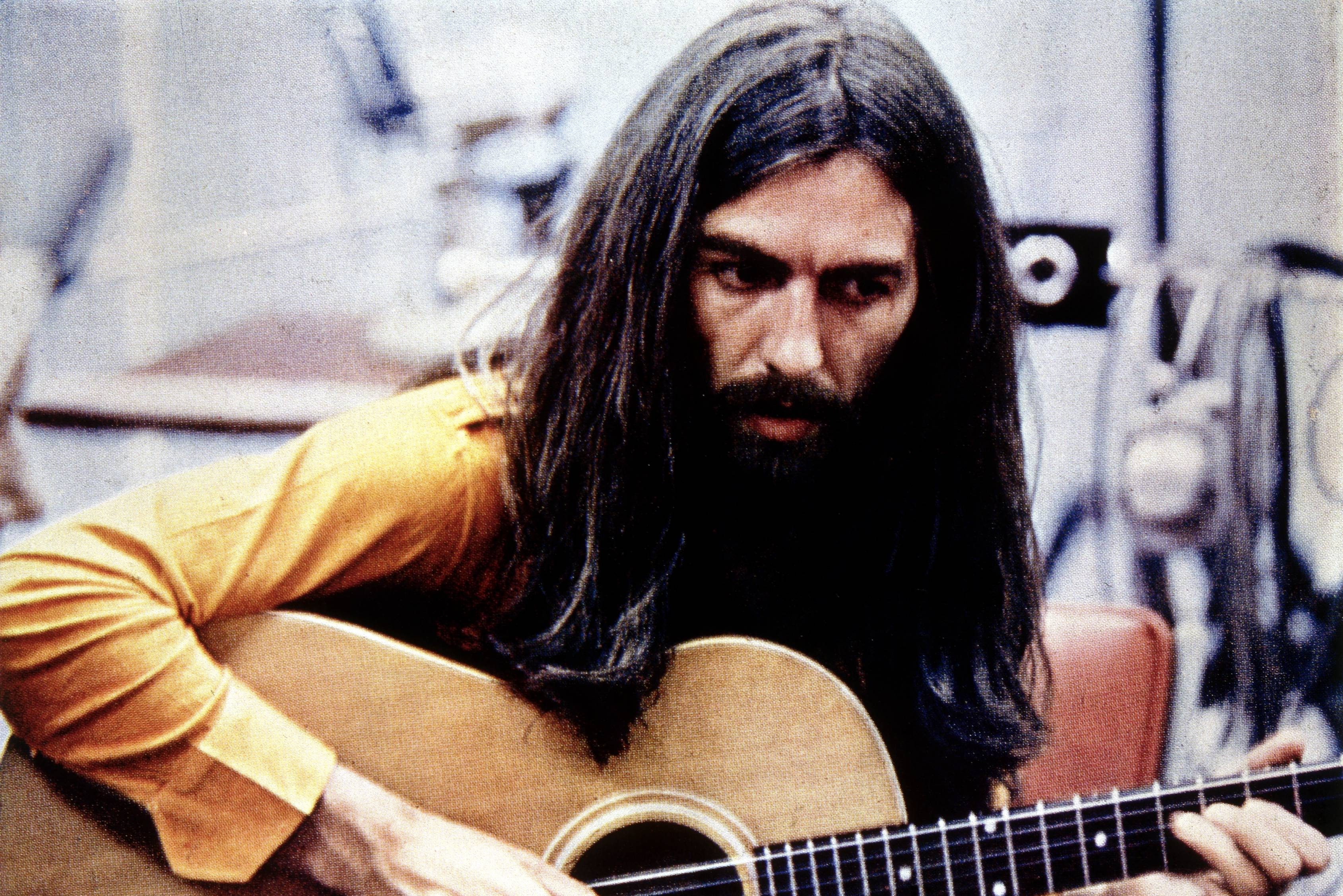You’ve seen the tweet. We’ve all seen the tweet: “Squid Game creator Hwang Dong-hyuk wrote the show in 2009 but was rejected by studios for 10 years. He once had to stop writing the script + sell his $675 laptop due to money struggles. Today it’s #1 in 90 countries + set to become the most-watched show in Netflix history.”
It’s a heartening story, but, as various people pointed out, also a misleading one. The impression the reader is left with is a linear one in which Hwang, hunched over keyboard (a keyboard he later sells so that he can afford to eat), works continually on the Squid Game script for a decade, to the exclusion of all else, until he places it under the nose of a Netflix genius who sees its extraordinary potential and makes him a millionaire.
The truth is different. Hwang may have written the show in 2009, but even before that he had won international awards for his student film work. More importantly, however, the director then went on to make three films — The Crucible (Silenced), Miss Granny and The Fortress — that were critically and commercially successful, becoming some of the most popular films in the history of South Korea. When he approached Netflix, therefore, he wasn’t a writer with one extremely unpopular idea; he was a writer with one extremely unpopular idea and a string of massive box office hits. He had it relatively easy.
This isn’t to downplay Hwang’s craft or the quality of Squid Game. It’s about how we — especially screenwriters, if you check the reactions to the tweet — interpret success stories. We love to hear that the rich and famous struggled in their early days because it means that they are no different to us. They struggled; we’re struggling! We’re the same! We too will go on to turn our overlooked ideas into global bestsellers! It’s only a matter of time!
This could be true. Many people do follow Hwang’s trajectory and do tell exactly that story from the stage as they clutch their first Oscar. But, as the details in Hwang’s story prove, it is the small print that makes all the difference. Yes, Dwayne Johnson once famously only had seven bucks to his name and thought he was never going to make it. But Johnson’s goal was to become a professional wrestler. How much easier did he have it, already having a famous wrestler as a parent? The Rock secured his big break when a WWE announcer went to meet him at a young age; how likely would this meeting had been if his father had been anyone else? A narrative that downplays that detail, as though success happens in a vacuum, is disingenuous — and unfair to the people who enter the playing field to discover that it is not level.
Some stories of failure or rejection are relatively straightforward, hiding neither privilege nor previous career success. The story of JK Rowling, for instance, really does involve a debut author with precious little money being rejected by a dozen publishers before striking lucky. (And it is luck, no matter how talented you are. The chaotic nature of any artistic medium should make it clear that people succeed because of countless factors other than merit.) But it is always worth asking yourself whether a fairytale story is shared widely because it is exactly that — a fairytale.
People like to point to Steve Jobs’ story as an example of how, if even millionaires can lose their jobs and hit rock bottom, it’s okay if we do. In 1985 Jobs was pushed out of Apple, the company he co-founded. One detail tends to be glossed over: Jobs was 30 by this point and worth at least $400 million. So when someone compares Jobs’ firing to that time you were fired for accidentally emailing your boss and calling him a “fat scrotum,” just remember that the stories are only directly comparable if you also happen to have founded one of the most valuable companies on the face of the Earth.
The truth, of course, is that it is impossible for anyone to have become successful without experiencing failure. In that, we are the same as the people we admire: our ambitions are constantly thwarted by gatekeepers. For that reason, Hwang’s story isn’t remarkable. It’s normal. What would be remarkable — not to mention completely unbearable — is if he had landed Squid Game as his first-ever project.
These narratives will never cease to pull us in — not as long as we are seduced by simplicity, and not as long as money continues to speak louder than anything else. When we enjoy the tales, we are taking pleasure not in the success the person achieved but the terrible situation they were once in. It is an acceptable form of schadenfreude — like laughing at someone falling over because you know they were okay in the end. We share these stories not necessarily because we care about the person in question but for the same reason we broadcast anything online — because they tell us something we desperately want to believe about ourselves: that, even if the world is currently indifferent, we will also make it.
This article appeared in an InsideHook newsletter. Sign up for free to get more on travel, wellness, style, drinking, and culture.























